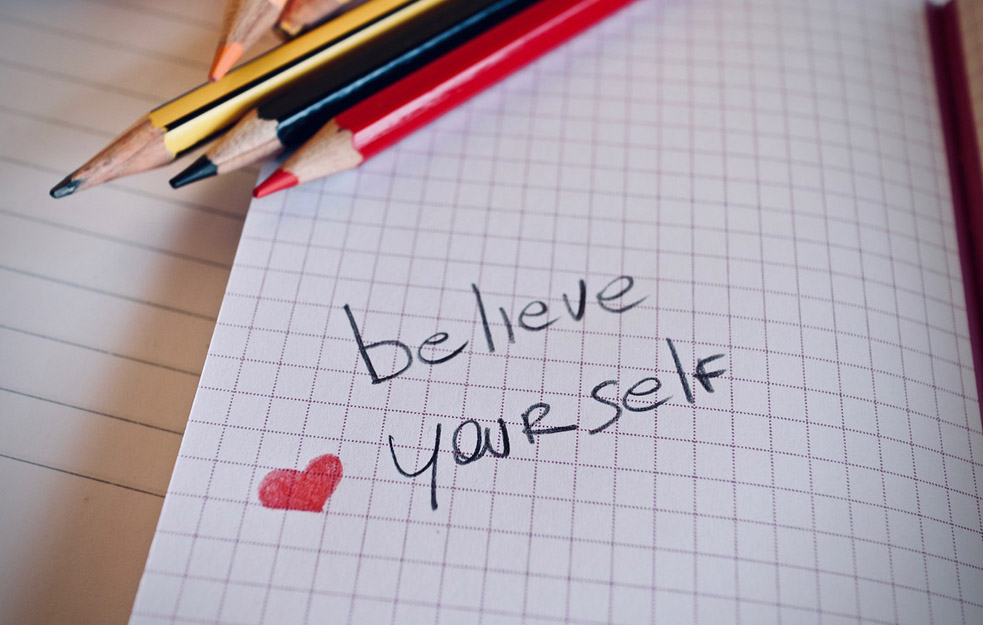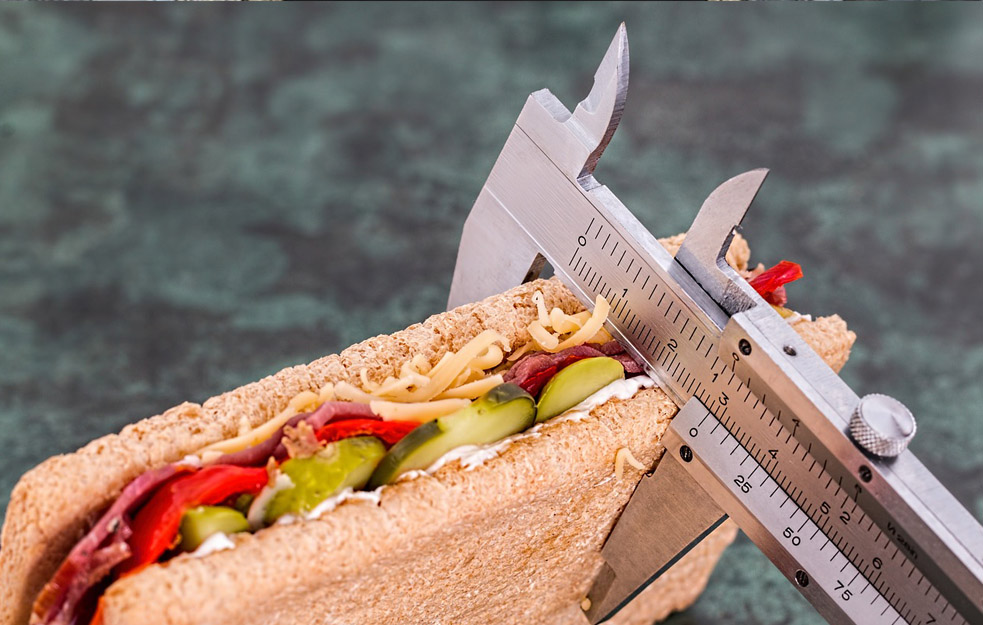Simple steps to a better morning routine!
If you want to improve your morning routine, there are a few simple steps you can take. Each of these steps can help you start your day off on the right foot, and set you up for success throughout the day.
Step 1: Wake up earlier
One of the best ways to improve your morning routine is to wake up earlier. This gives you a chance to start your day with a positive attitude, and it sets the tone for the rest of the day. Here are a few tips for waking up earlier:
Set your alarm clock for a time that is earlier than you usually wake up. This may seem like an obvious tip, but its important to be intentional about setting your alarm for a specific time.
Try to go to bed earlier the night before so that you can get a full nights sleep. This will help you feel more rested when your alarm goes off in the morning.
When your alarm clock goes off, get out of bed right away instead of hitting the snooze button. It can be tempting to hit snooze and go back to sleep, but this will only make it harder to wake up later.
Start your day with a positive attitude and think about all the things you are going
Прикажи ову објаву у апликацији Instagram
Step 2: Make your bed
Making your bed in the morning can seem like a pointless task, but it actually has a lot of benefits. For one, it gives you a sense of accomplishment first thing in the morning. It also helps to tidy up your room and can make it feel more relaxing and inviting. Taking a few minutes to make your bed can also help you to prepare for the day ahead by giving you a chance to think about what you need to do that day.
Step 3: Eat breakfast
According to many health professionals, breakfast is the most important meal of the day. It provides you with the energy and nutrients you need to power through your morning activities. Skipping breakfast can make you feel tired and sluggish, and can also lead to overeating later in the day.
Eating breakfast can help you concentrate and focus better throughout the day. It has been shown to improve cognitive function and memory recall. Breakfast is also an important part of a healthy diet and can help you reach your daily nutrient goals.
There are many healthy breakfast options available, so there’s no excuse not to eat this important meal. Try to include a mix of protein, complex carbohydrates, and healthy fats in your breakfast. Some good options include eggs, oatmeal, whole grain toast, fruit, or yogurt.
Take the time to sit down and enjoy your breakfast instead of eating on the go. This will help you slow down and really savor the flavors of your food. Make sure to drink plenty of water with your breakfast to hydrate your body after a night of sleep.
Step 4: Get some exercise
There are many different ways to get exercise in the morning. You could go for a run, lift weights, or do some other type of workout. It’s important to find what works best for you. Some people prefer to exercise in the morning because it gives them more energy for the rest of the day. Others find that evening workouts help them sleep better at night.
There are many benefits to getting exercise in the morning. Exercise has been shown to improve mental clarity and focus. It can also help to reduce stress levels and improve mood. Getting some exercise in the morning can help you to start your day off on the right foot.
If you’re not used to exercising in the morning, it can be tough to get started. Here are a few tips to help you get going:
1.Set your alarm clock for a specific time and try to go to bed earlier the night before. When your alarm clock goes off, get out of bed right away.
2.Start with something easy, like going for a walk around the block. As you get used to exercising in the morning, you can gradually increase the intensity of your workout.
3.Find a workout buddy who can help motivate you to stick with your routine.
4.Set some goals so that you have something to work towards. For example, commit to working out three times per week or running a certain number of miles each week
Step 5: Plan your day
One way to improve your morning routine is to take some time to plan your day. This will help you make the most of your time and avoid forgetting anything important. A planner can be a helpful tool to keep track of your commitments and goals. A to-do list will also ensure that you dont forget anything important. Its also important to schedule some time for yourself, so that you dont get overwhelmed by your obligations. Finally, thinking ahead to the next day can help you get a head start on your tasks.


















